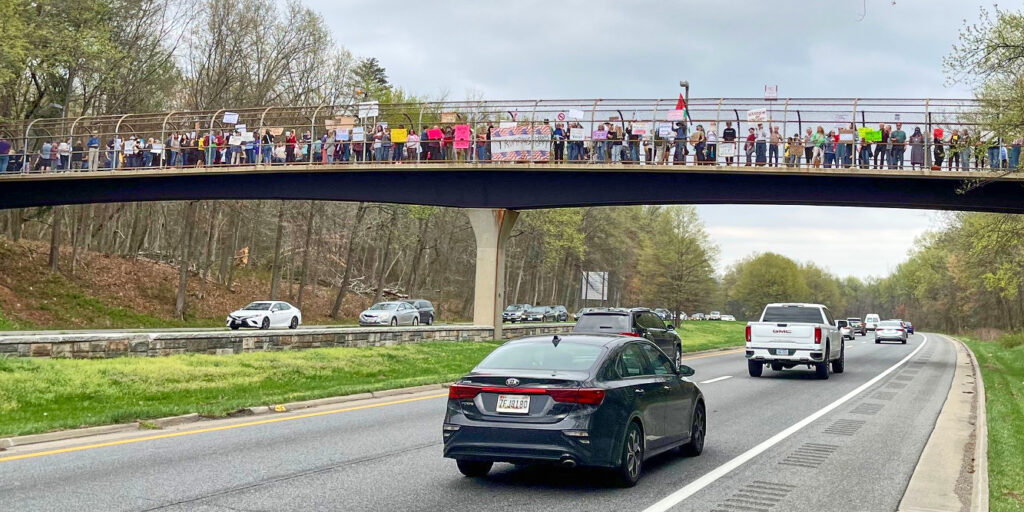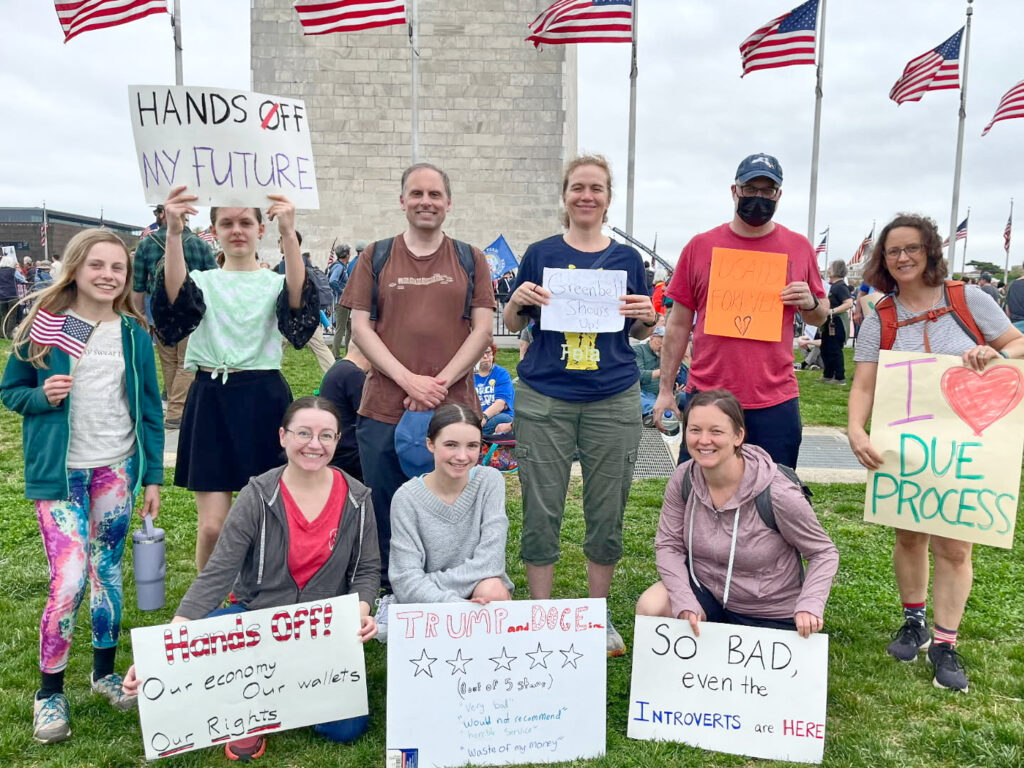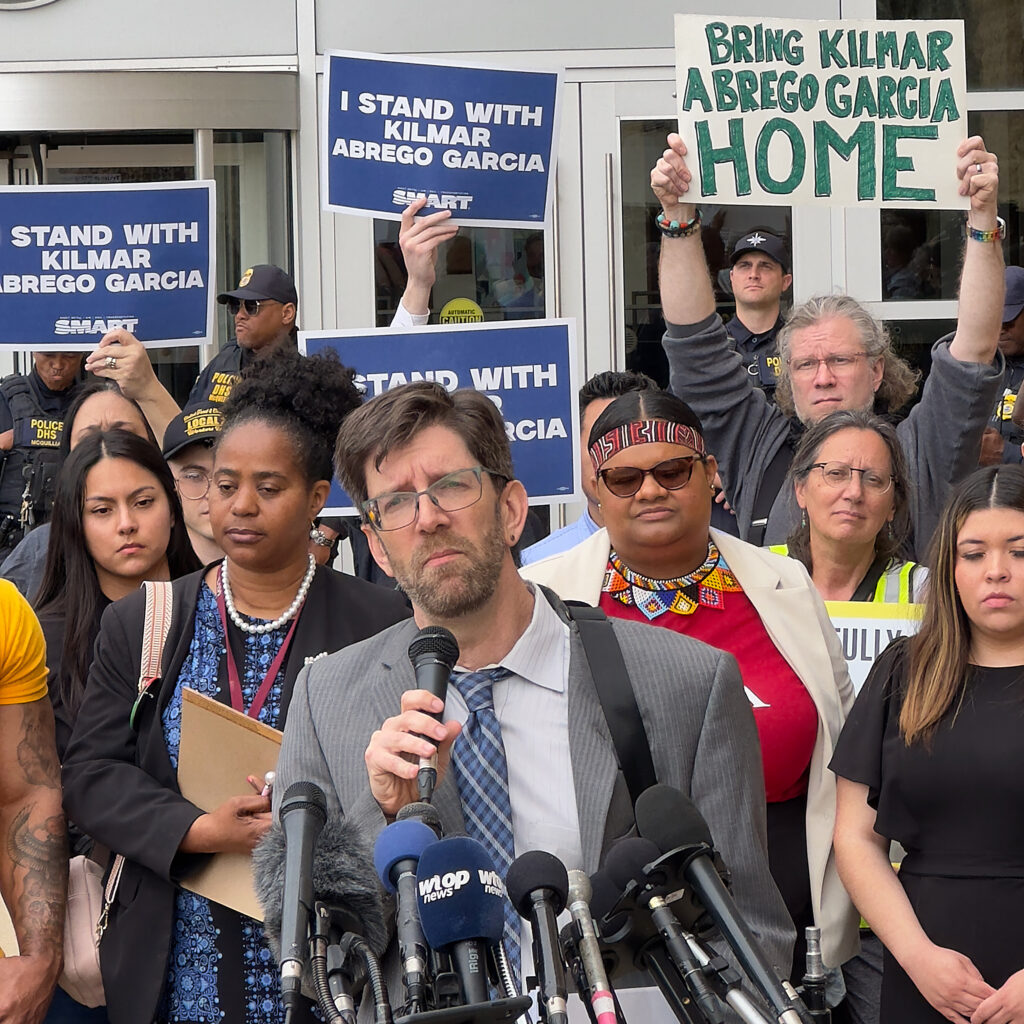The regular meeting of the Greenbelt City Council on August 10 ran for nearly six hours, with many items on the agenda. The longest of these, which lasted more than an hour, was a presentation by Mayor Colin Byrd of a proposal of his own to potentially be developed into an ordinance titled Greenbelt Fair and Just Policing Act of 2020.
No draft document was presented, and the motion Byrd would eventually make was for council to direct the city solicitor to convert the content he was presenting into a draft ordinance, which could then be reviewed and considered for action. It was made clear that no vote was being taken on the proposal itself that night, since only a framework had been presented.
Residents who wish to view the presentation or the slides can find them on the city website by going to Greenbelt Municipal Access (greenbeltmd.gov/government/city-administration/public-information-communications/greenbelt-municipal-access) and selecting the August 10 meeting.
Background
Byrd first presented the history and need for evaluating and reforming policing in Greenbelt and then made suggestions for policy. He started with an account of the origin of slave patrols, which started in South Carolina and had such duties as pursuing and returning escaped slaves and maintaining discipline among enslaved populations. After the Civil War, local sheriffs took on this work, and from that, early police departments eventually evolved. Byrd said that African Americans, other minorities and immigrants were the populations with whom the police were most likely to establish certain patterns of interaction.
Byrd next talked about a series of victims of police brutality where the incident put a spotlight on improper practices, which also served to inspire change or raise consciousness at the time. George Floyd is the most prominent recent example, though, unfortunately, others have already followed. Byrd named Michael Brown as another example, in which the need for body cameras became evident and was acted upon.
Controversial Practices
Specific areas and practices among police forces that have been targeted by the mayor for attention following feedback he has received from residents include the following: de-escalation, use of force, duty to intervene, civil liberties, transparency, militarization, hiring, immigration, racial profiling, civilian oversight, stop and frisk, and accountability. He discussed a considerable number of topics that fall under these areas.
Byrd said that where police reform has been tried before there has been pushback along racial lines on whether reform is in fact necessary. He suggested that accountability and transparency are two of the most difficult areas in which to make changes, along with the Law Enforcement Officer’s Bill of Rights (LEOBR) and the Public Information Act. He also made a point of saying that reform can be born of the positive and should not be thought of as necessarily being reactive to bad events that have already occurred.
Following this background, Byrd moved that the content from his presentation be drafted as legislation by the city solicitor. Councilmember Rodney Roberts seconded the motion.
Police General Orders
It had been mentioned several times that there was a good deal of overlap between materials in Byrd’s list and materials already covered in the Police General Orders, which are posted on the home page of the Greenbelt Police Department (greenbeltmd.gov/government/departments-con-t/police). Councilmember Leta Mach asked for additional information on how much is already covered by the General Orders, so as to determine whether a separate document is really warranted. City Solicitor Todd Pounds said he couldn’t ascertain that until after he had drafted the additions but would report back.
Roberts suggested revisions might run into conflict with the LEOBR in areas such as personnel files. Pounds said he could likely draft the new material so that it does not conflict with the LEOBR. Roberts hastened to reply that if there were to be a conflict, he would want the LEOBR to be changed, not the city’s draft.
Process Concerns
Councilmember Edward Putens expressed some dissatisfaction with having only just received this material when at least he and Mach had asked to have it long ago. He added that this process was in itself making things inaccessible since council was bypassing the public, the police chief and the Fraternal Order of Police, as well as city boards and committees – such as the Community Relations Advisory Board and the Public Safety Advisory Committee – that should be part of the review and discussion prior to any decision making. He suggested sending the entire presentation to all of them.
Councilmember Judith Davis said she would support Byrd’s request to have the draft written because there was no way to circulate and discuss it until it was a written document. She added that definitions need to be provided in the written version, as well, because much of the language is quite general.
In addition, Davis said her support would require several conditions, if Byrd would accept them: 1) Before legislation could be placed on a council agenda, a public worksession – or possibly more than one worksession – would be held; and 2) before a second reading of the draft occurred, a public hearing would be held that was not part of a city council meeting. Byrd readily accepted her conditions with one word: “Done.”
Councilmember Emmett Jordan thanked Byrd for his presentation and for the work and thoughtfulness that went into it. Nonetheless, he said he would have preferred for council to have been provided a copy of the presentation ahead of time and that he “still had not seen a fully fleshed-out concept.” He suggested that it would have been preferable to follow more usual procedures by holding a worksession to get early input from other councilmembers and stakeholders.
Byrd immediately took umbrage at Jordan’s criticism and accused Jordan of putting up a smoke screen while his real motivation was to disapprove of Byrd’s proposal, a charge that Jordan promptly denied. Byrd maintained that there would be plenty of time for all the parties that had been named to review and comment on his proposal, and he noted his acceptance of Davis’s conditions. When he called for the vote, the motion carried unanimously.
At the end of this part of the agenda, Davis made an additional request of the city solicitor. Noting that it had previously been pointed out that some of the items put forth for inclusion in the legislation were already part of the Police Department’s General Orders, she asked if Pound would provide an opinion on what the legal ramifications would be if items were converted from General Order to legislation. Pound replied that he would definitely address this matter when he reviews the documents.



